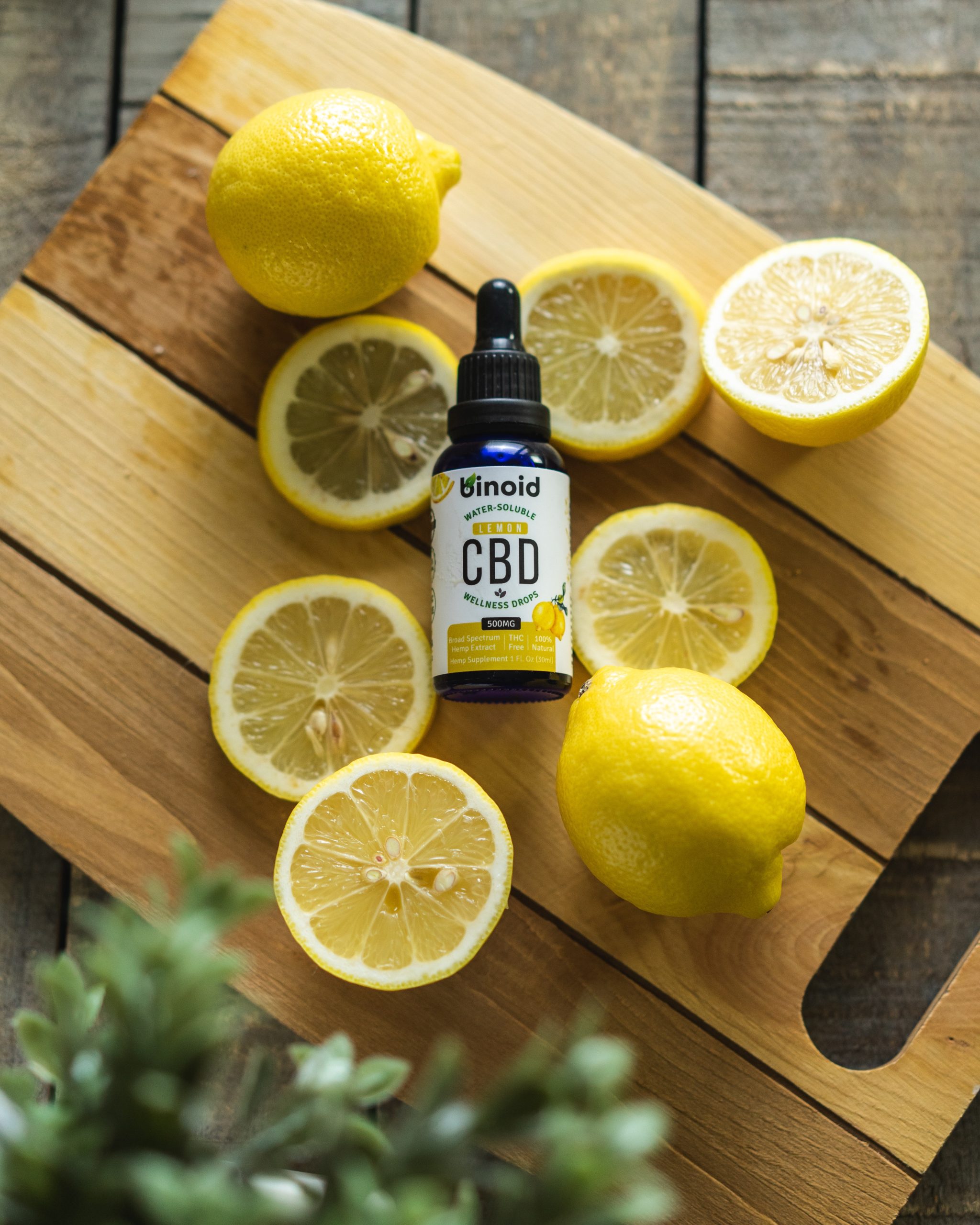
Bipolar disorder is a mental health condition characterized by extreme mood swings, ranging from depressive episodes to manic episodes. It affects millions of people worldwide, causing significant disruption in their daily lives and relationships. While traditional treatments, such as medication and therapy, are commonly used to manage bipolar disorder symptoms, there is growing interest in exploring alternative options, such as cannabidiol (CBD).
The Potential Benefits of CBD
CBD is a non-intoxicating compound derived from the cannabis plant. It is believed to have various therapeutic properties, including anti-inflammatory, neuroprotective, and anxiolytic effects. Many individuals with bipolar disorder experience symptoms of anxiety, insomnia, and inflammation, which CBD potentially addresses.
Furthermore, CBD interacts with the body’s endocannabinoid system (ECS), a complex network responsible for maintaining homeostasis. Research suggests that CBD can enhance the ECS’s functioning, potentially stabilizing mood and reducing bipolar disorder symptoms.
Research and Findings
Although limited, research on the effects of CBD specifically on bipolar disorder is promising. A study published in the Journal of Psychopharmacology found that CBD reduced cognitive impairment and overall symptoms in patients with bipolar disorder. Additionally, another study published in the Journal of Clinical Psychopharmacology reported that CBD improved sleep quality and anxiety levels in individuals with bipolar disorder.
However, it is crucial to note that these studies had small sample sizes and further research is needed to establish CBD’s efficacy in treating bipolar disorder definitively.
Considerations and Risks
Before considering CBD as a treatment option for bipolar disorder, it is important to consult a healthcare professional. They can provide personalized advice based on your specific condition and medication regimen.
One significant consideration is the potential interaction between CBD and other bipolar disorder medications. CBD may affect the metabolism of certain drugs, leading to increased or decreased effectiveness. Therefore, it is crucial to inform your healthcare provider about any CBD usage to prevent any adverse effects or interactions.
Additionally, CBD products are not tightly regulated, leading to inconsistencies in quality and dosage. It is essential to choose reputable brands that provide third-party lab test results to ensure purity and safety.
Conclusion
While CBD shows promise in helping stabilize mood and alleviating symptoms of bipolar disorder, further research is necessary to understand its full potential and establish proper dosing guidelines.
If you are considering using CBD as part of your bipolar disorder treatment plan, consult with your healthcare provider to ensure it is safe and appropriate for your individual circumstances. Bipolar disorder is a complex condition, and its management should involve a comprehensive approach that includes professional medical guidance.

